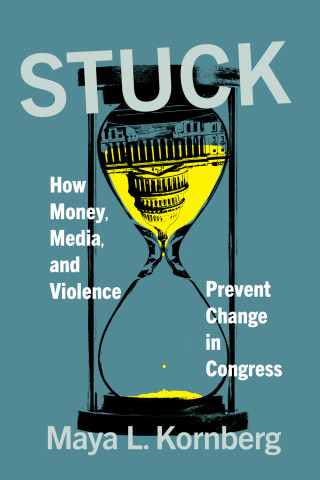
Reviews
In this sobering study, David argues that domestic upheaval and state collapse are replacing rising states and great-power rivalry as the chief threats to U.S. interests and global security... that spreading democracy or intervening to build better states are not good options. Rather, civil war must be seen as a problem akin to natural disasters: you assume disasters will occur and prepare for the worst.
David is not a doomsayer or an advocate or liberal interventionism. He does not argue that the United States can or should mediate in civil wars. Instead, he calls for a cold-hearted examination of countries suffering collapse, with disciplined attention to the potential damage to American interests... David's book offers a promising new beginning for a difficult and pressing set of issues.
In his provocative study, Steven David raises the question of what the most imminent concern for the United States' interests is... powerful account of a new set of issues to consider for Americans and the rest of the world.
Steven David makes a powerful case that civil wars, rather than traditional international conflicts, are now the most likely source of serious threats to American interests. David's analysis of the probable causes and potential consequences of major unrest in four key countries is persuasive and sobering, as are his conclusions: lacking reliable means to prevent such conflicts, the best we can do is to prepare for their consequences. This provocative and original study should be read by policy makers as well as scholars.
Book Details
Preface
1. A New Kind of Threat
2. Saudi Arabia: Oil Fields Ablaze
3. Pakistan: Loose Nukes
4. Mexico: A Flood of Refugees
5. China: Collapse of a Great Power
6. The Coming Storm
Notes
Index





